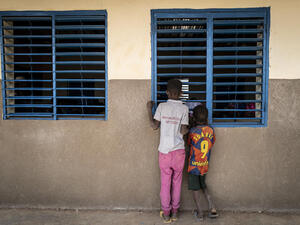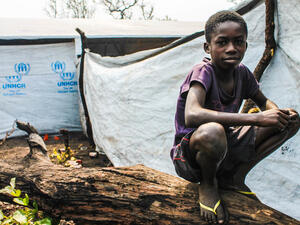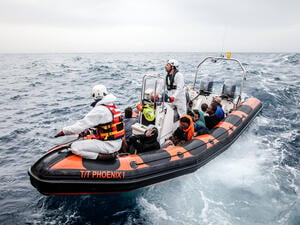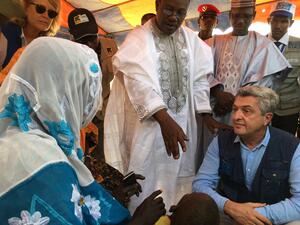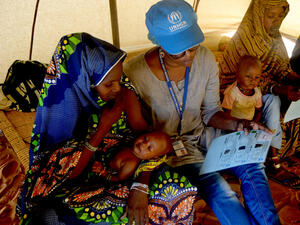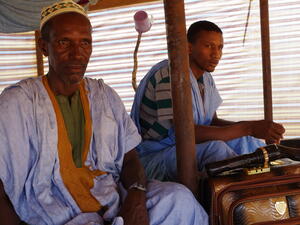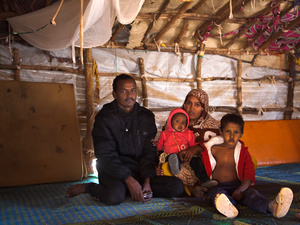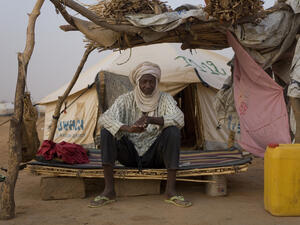More Malians fleeing to Mauritania and Burkina Faso
More Malians fleeing to Mauritania and Burkina Faso
Mauritania and Burkina Faso continue to receive large numbers of Malian refugees who say they are fleeing insecurity in their hometowns in northern Mali and the risk of further fighting between rebel Tuaregs and the Malian army which began in mid-January.
Refugees tell our staff that their main fear is of being caught up in the fighting. They are also concerned about bandits, who are taking advantage of the prevailing instability to loot homes and property.
According to Mauritanian government estimates, there are now over 31,000 Malian refugees in Mauritania, the majority of whom arrived in the past six weeks. Some 1,500 are arriving daily. In Burkina Faso, where 19,198 refugees have already been recorded by the authorities, an average of 500 Malians are crossing daily. Meanwhile, the number of people fleeing into Niger has subsided over the past week.
The overall number of people who have crossed from Mali into neighboring countries now stands at close to 80,000, according to government tallies. In addition, the number of internally displaced people within Mali has been revised upward to roughly the same amount, some 81,000, according to government officials and humanitarian organizations operating in northern Mali.
UNHCR has started to register refugees in all three asylum countries. This will allow us to refine population statistics and also provide us with a more detailed picture of the refugees and their needs. We are hoping to finish registration within the next few weeks.
Refugees are settling along the border in the arid regions of Burkina Faso, Mauritania and Niger where severe drought has produced acute food and water shortages in recent years. We are working with the government authorities and our humanitarian partners to address the needs of both the incoming refugees and the local population in all three countries. Despite their own difficulties, local residents have been sharing their meager resources with the new arrivals.
The coordinated aid effort includes trucking water into the stricken areas and distributing rice and other foodstuffs. We are also planning to relocate refugees to several camps that we are establishing in the region. In Mauritania, we have already transferred 8,300 particularly vulnerable men, women and children from the border crossing in the region of Fassala further inland to a camp called Mbera. Due to the harsh living conditions in border areas, a large number of refugees are now asking to be relocated to such camps.
For further information on this topic, please contact:
In Dakar (Regional): Helene Caux on mobile +221 77 333 12 91
In Geneva: Fatoumata Lejeune-Kaba on mobile +41 79 249 3483
Sybella Wilkes on mobile +41 79 557 9138


